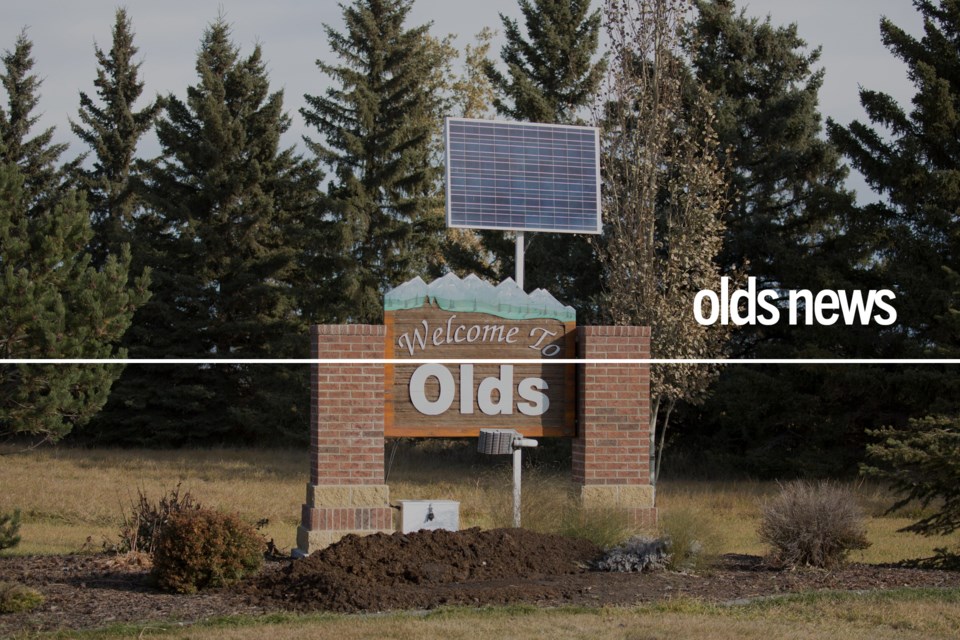OLDS – Disappointed that agriculture issues are not on the agenda at the upcoming G7 meetings in Kananaskis, a group of ag experts are holding their own conference in Olds College at the same time as the summit.
The G7 leaders’ summit will be held June 15-17 in Kananaskis. Topics the leaders are expected to discuss include trade/global economic stability, international peace and security and digital issues.
The Inter-American Institute for Cooperation in Agriculture (IICA) will hold a forum on agriculture and food security June 16 and 17 at the Olds College of Agriculture & technology’s Alumni Centre and Werklund Agriculture & Technology Centre.
Tours of the campus are also expected to be held.
About 250 people are expected to attend in person on an invitation-only basis and another 1,000 are expected to attend online via Zoom, with interpretation in four languages.
“There is going to be participation from Canada, the US, Mexico, Costa Rica, Brazil, Uruguay, Guatemala, Chile, Switzerland, and potentially Honduras, Indiana,” Olds College vice-president of development Todd Ormann said during an interview with the Albertan.
The Mexican ambassador is slated to attend as well as representation from the U.S. Department of Agriculture and Agriculture Canada.
Jean-Charles Le Vallée, a representative for IICA Canada, plans to invite Canada’s new federal agriculture minister Heath MacDonald, to attend as well.
Programming includes a demonstration of Indigenous cuisine, perspectives from the World Bank and the American Development Bank, an Indigenous farmer from Saskatchewan, tours of the college’s Smart Farm and agri-tech showcases.
Ormann said Le Vallée came up with the idea for the forum about last November. He and Ormann had met each other earlier in Ottawa.
“Dr Jean-Charles wanted to do this event nearby, and he knew of Olds College, and he thought this would be a very good site, because we can showcase agriculture, right? And we're close to Kananaskis,” Ormann said.
In February or March, Le Vallée came to take a look at the Olds College campus and planning for the event began.
“I think we both had that same desire to showcase agriculture,” Ormann said.
“But this idea of also having this conference at this time period is to make sure that it is being seen, and that is happening at the same time as the G7 piece.”
Ormann said pretty much everyone in agriculture believes that industry isn’t as high-profile as it should be, given the seriousness of issues like food security as the world’s population continues to grow.
He said another problem is that there’s a lack of understanding in urban areas about agriculture and the importance of its issues.
On the flip side, there’s a lack of understanding in rural areas of the impact of urban issues.
“And then on top of that, you add tariffs and breaking down of some of the International trade,” Ormann said. “All those things are probably a significant concern for agriculture and food.”
There will be a mixture of speakers and seminars. Ormann said the Mexican ambassador is among those expected to speak.
He said representatives of the U.S. Department of Agriculture and the World Bank are expected to give their perspectives as well.
There will also be break-out sessions where attendees can mingle.
“This is about networking and this is about connecting all those people from around the globe to talk about things that are significant,” Ormann said.
“The core messaging is going to be that agriculture is a crucial solution to international problems, including trying to feed a global population, that by 2060 can be 11 billion.
“The Americans are a vital bread basket for the planet, with Canada, Argentina playing a significant role in ensuring food security and peace. So this has got to be global in nature.
“It's intended to kind of celebrate farmers and agriculture and their and their contributions.
“We really do need to continue to drive a more collaborative world in agriculture to continue to feed that population.”
During the event, dinner will be held at a local restaurant.
“It'll be interesting, because (there’ll be) a lot of international people kicking around (during) that time period,” Ormann said.



